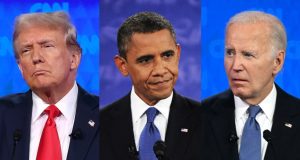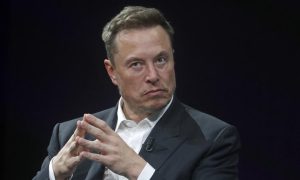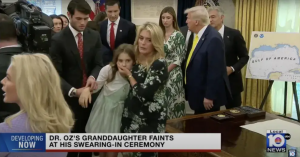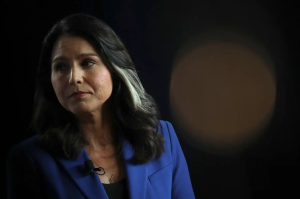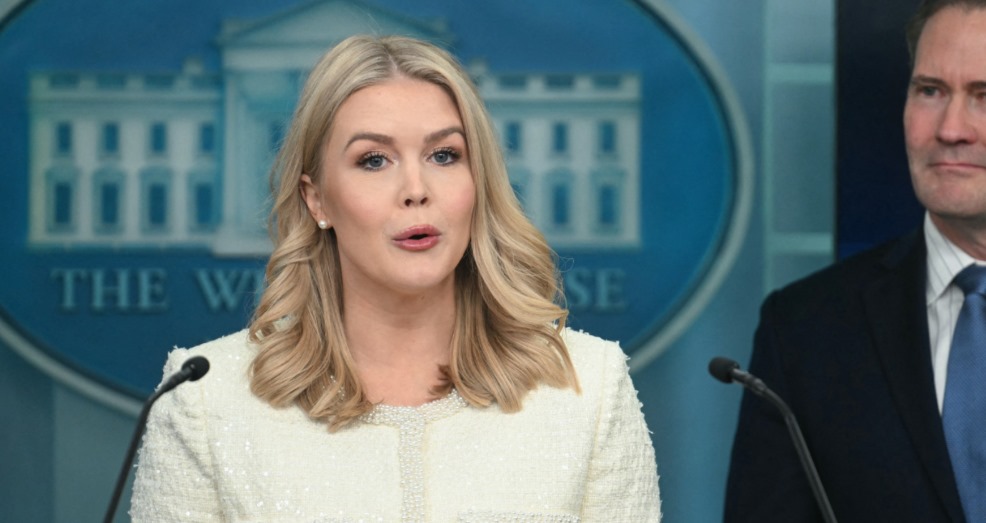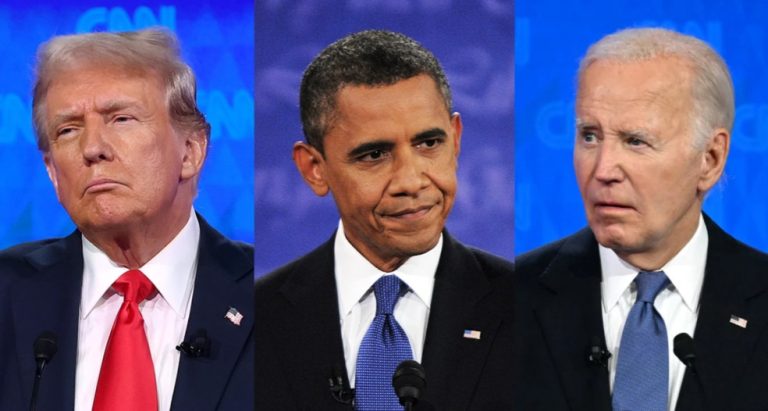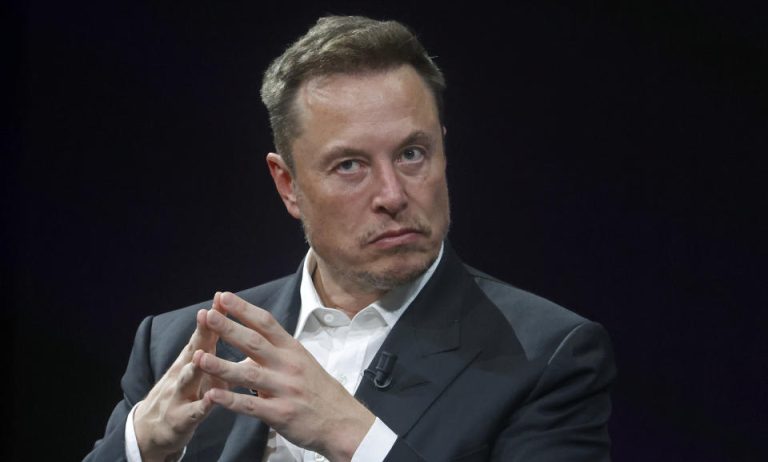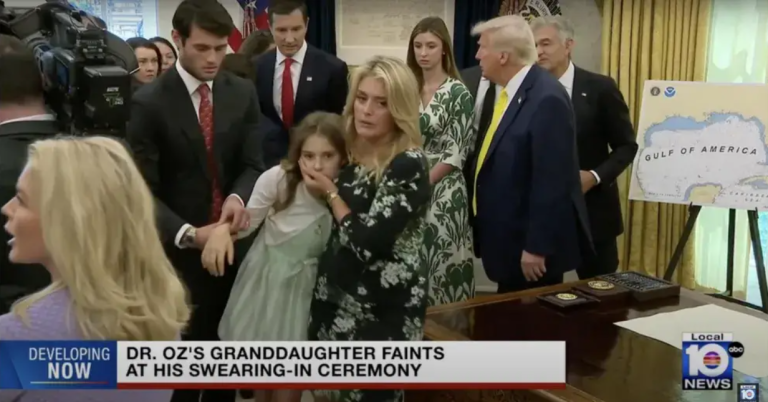Elon Musk’s Security Clearance Sparks Debate at White House Briefing
In a recent White House press briefing, Press Secretary Karoline Leavitt firmly defended the administration’s vetting procedures after CNN’s Kaitlan Collins pressed for details on Elon Musk’s security clearance. Musk, now serving as a special government employee, has become a focal point of national debate surrounding transparency, national security, and the role of high-profile outsiders in government.
I. The Briefing: Leavitt vs. Collins
The briefing, initially centered on foreign and domestic policy, took a sharp turn when Collins questioned Musk’s clearance and background check. Leavitt confirmed Musk’s special government employee status and compliance with federal laws but declined to provide specifics on his clearance, promising to follow up.
Leavitt’s measured yet firm responses reflected the administration’s confidence in its internal vetting and an unwillingness to disclose potentially classified information under pressure.
II. Musk’s Government Role and Vetting Concerns
Musk’s involvement with the Department of Government Efficiency (DOGE) exemplifies the administration’s push to modernize federal operations by integrating private-sector leaders. While supporters praise Musk’s innovation and problem-solving abilities, critics question whether traditional vetting standards are upheld for figures with such influence and public profile.
The administration maintains that all proper procedures were followed, yet the lack of transparency on clearance details continues to fuel skepticism among analysts and political opponents.
III. Media Scrutiny and Political Fallout
CNN’s persistent inquiries represent a broader journalistic effort to ensure accountability. While some view Collins’ questioning as essential oversight, others see it as politicized and adversarial. Commentators remain divided—some praising Leavitt’s composure, others demanding more openness about Musk’s government role.
The incident highlights tensions between the media’s role in transparency and the government’s need to protect sensitive information.
IV. Broader Implications: Innovation Meets Governance
Musk’s appointment reflects a trend toward blending private innovation with public service. However, it raises important questions: How should nontraditional appointees be vetted? Can innovation coexist with national security standards? The debate is part of a larger reckoning over how government can modernize while maintaining public trust.
V. Conclusion: A Test of Transparency and Trust
The exchange between Leavitt and Collins is about more than Musk—it symbolizes the challenges of integrating unconventional figures into national governance. As scrutiny continues, the administration will need to balance innovation with transparency and strict oversight to maintain credibility.
This episode is a microcosm of the evolving relationship between government, media, and the private sector—one where accountability and innovation must move forward together.
